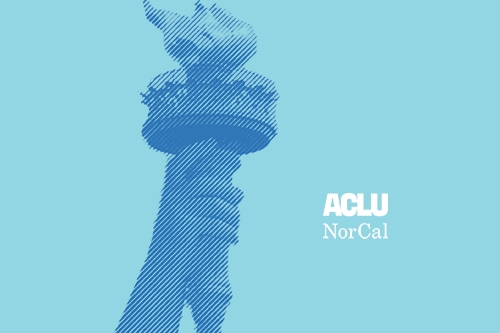Article Media

Antioch – Putting an end to a divisive four year dispute, the City of Antioch last night agreed to a settlement in Williams v. Antioch, a class action civil rights lawsuit brought by five African American women. The suit accused the City of Antioch and its police department of engaging in a concerted campaign of intimidation, harassment and discrimination against African American families who get federal assistance with their rent through the Section 8 program.
"It's a relief that this is finally resolved and that people will be watching to make sure Antioch doesn't try to push out any other families like mine," said Santeya Williams, the lead plaintiff in the lawsuit, and a former Antioch renter who lived in housing subsidized by Section 8.
"Antioch's agreement to continuing federal court jurisdiction will ensure that all African American Section 8 households in Antioch will be able to live in peace, free from harassment," said attorney Brad Seligman of the Impact Fund and lead attorney on the case.
In the settlement, the city agrees that it will not focus on African American Section 8 recipients in its policing efforts, except when race is used to identify a specific suspect in a crime. Antioch's Police Department also agrees to send copies to the Impact Fund of any letters it sends to the Housing Authority of Contra Costa County regarding complaints about identified Section 8 recipients. The lawsuit had charged that letters like these were part of an effort to push Section 8 families out of the community. The settlement also provides for federal court oversight for three years.
The lawsuit was brought in July of 2008 after a report by nonprofit law firm and advocacy group Public Advocates Inc. and Bay Area Legal Aid found that, while Section 8 participants made up only five percent of Antioch households (one-fifth of all rental housing), two-thirds of the Community Action Team (CAT) unit investigations involved homes where voucher participants reside. The report also showed that the brunt of investigations by the CAT unit fell disproportionately on African Americans: African Americans constitute only about 14 percent of Antioch households yet they are subject to two-thirds of all special unit investigations.
"In filing this case, we made a statement that profiling for ';renting while black' would not be tolerated," said Alan Schlosser Legal Director at the ACLU of Northern California. "With this settlement, the rights of our plaintiffs are protected and their voices heard."
The case was set against the backdrop of shifting demographics tied to the nation's real estate crisis. A just-released report from the Brookings Institution based on 2010 census data shows that the poor population in America's suburbs rose by 53 percent, compared with 26 percent in cities. The pace was accelerated by the recession, with two-thirds of the new suburban poor added from 2007 to 2010.
"Suburban poverty is on the rise all over the country, and many communities are finding constructive responses that welcome their new residents rather than criminalize them," said Richard Marcantonio, managing attorney at Public Advocates Inc. "With this settlement, the City of Antioch has taken an important step in that direction."
The plaintiffs were represented by the Impact Fund, Public Advocates Inc., Lawyers' Committee for Civil Rights of the San Francisco Bay Area and the American Civil Liberties Union of Northern California, with pro bono assistance from Covington & Burling LLP and Bingham McCutchen LLP. As part of the terms of the settlement, the city agreed to pay $180,000 to be split among the five named plaintiffs, and $180,000 to cover attorney fees.
Learn more:
Class Notice (Jan. 13, 2012)
Federal Class Action Against City of Antioch Documents Police Targeting of African American Tenants
